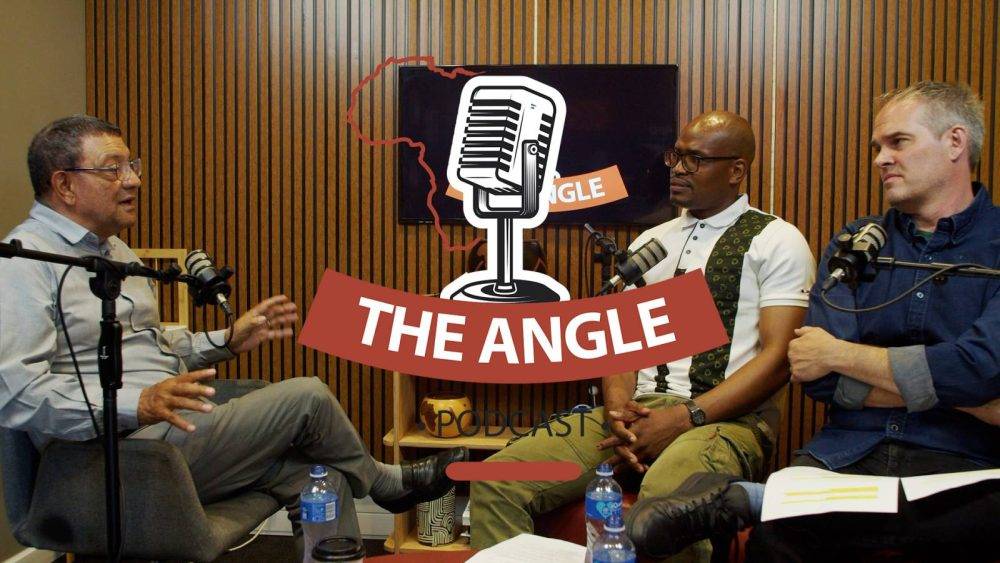
In the latest episode of The Angle Podcast, we sit down with Mark Harris, CEO of Tshimologong Digital Innovation Precinct in Johannesburg, to discuss how technology can address systemic challenges, create jobs, and inspire a new generation of innovators in South Africa.
We dive deep into the lack of scalable funding for startups in the country and talk at length about accessing funding, incubating business and what post-funding support could and should look like.
With a storied career spanning 34 years at IBM and leadership roles in media and tech, Harris brings deep insights into the intersection of technology, creativity, and entrepreneurship.
Tshimologong has evolved from its roots in traditional IT to become a hub for digital creativity and tech-driven change. Today, the precinct focuses on empowering disenfranchised youth and startups to leverage technology for economic and social impact. By blending resources like maker labs, animation studios, and tech training, Tshimologong often serves as a launchpad for entrepreneurs and innovators across South Africa and sometimes the continent.
Tackling the startup challenge
One of the most pressing issues discussed was the lack of scalable funding for startups in South Africa. While Tshimologong has had success incubating businesses through its various programs, Harris acknowledges the gap in post-incubation support and venture capital funding.
“For South Africa to get serious about startups, we need to bridge the funding gap,” Harris explained. “Catalytic funding helps, but we also need stage-one and stage-two investments to create sustainable enterprises.”
Harris highlighted the importance of partnerships with bilateral agencies from Europe and innovative training programs like the Molo Academy. These initiatives not only provide skills but also create real-world opportunities, particularly in emerging fields like animation, gaming, and digital arts.
Media and the democratisation of content
Given Harris’s experience in media also came into play, as he shared his thoughts on the convergence of technology, marketing, and content creation. He painted a picture of a future where niche publications and influencer journalists thrive, powered by platforms that combine journalistic integrity with the gig economy.
“The rise of the influencer journalist is reshaping how we think about media,” Harris said. “The challenge is to maintain credibility and ethics while embracing new technologies and audience-driven models.”
Building the future
Looking ahead, Harris said, “Success for us means scaling beyond the precinct, creating impactful enterprises, and building a sustainable ecosystem for future generations.”
He further outlined his vision for Tshimologong – scaling its programs, deepening ties with Wits University’s research capabilities, and establishing an evergreen venture fund to support future startups.
Scott Peter Smith is a co-founder of The Angle and founder of Submedia+, a cross-platform publisher in non-fiction storytelling. He is the former chief digital officer of the Mail & Guardian, where he led the publication’s digital strategy and product development.
The Angle – African perspectives on digital culture, media, money and governance.
The Angle explores African perspectives on digital culture, creativity, media, money, and governance. Through engaging storytelling and authoritative insights, we spotlight the innovators and technologies shaping the continent’s digital future.
Our mission is to deliver actionable, illuminating insights on Africa’s evolving digital culture—spanning creativity, business, technology, and policy. We celebrate the creators, businesses, and policies breaking into the mainstream, while amplifying the voices and innovations carving the path forward. https://theangle.africa/










